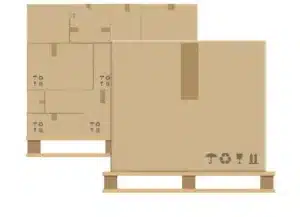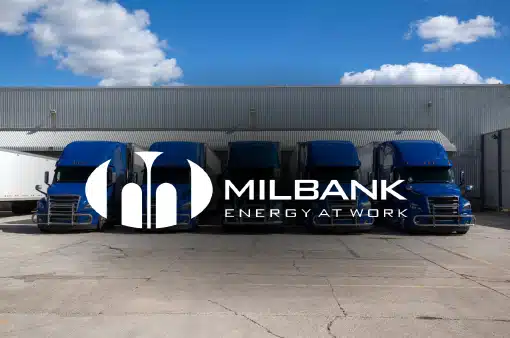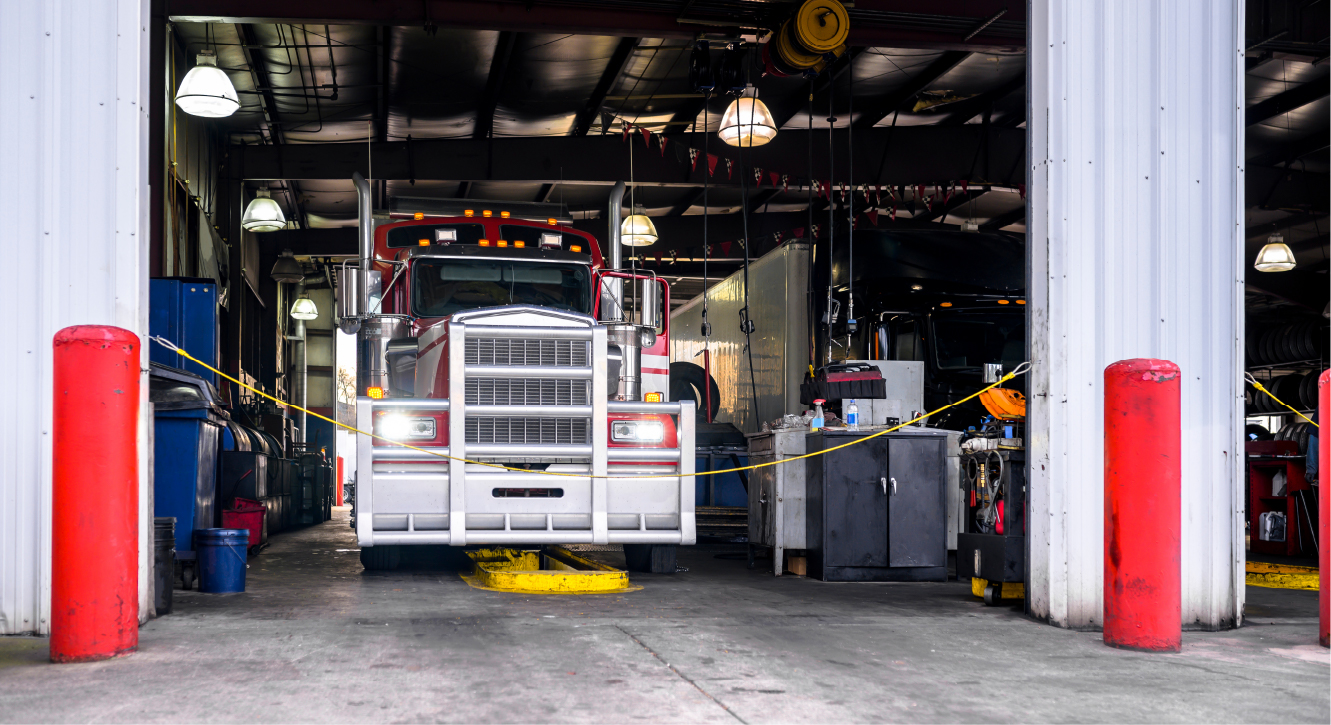This year, the landscape of less-than-truckload carriers has evolved. With the news of carriers filing for bankruptcy and other service disruptions, it is important to consider the alternatives outside of LTL – especially for minimum weight shipments.
What is FedEx Multiweight or UPS Hundredweight?
FedEx Multiweight and UPS Hundredweight are services aimed for multi-packaged shipments destined for one consignee. FedEx and UPS both offer these services as alternatives to an LTL shipment.
When to use LTL?
- If your product can make up a full pallet, therefore the likelihood of being broken down decreases.
- If the shipment exceeds well over 1000 lbs.
- If the product isn’t uniform in shape or isn’t boxed.

When to use FedEx Multiweight or UPS Hundredweight?
- If you have multiple packages to the same location
- If your product isn’t palletized, is less than palletload (LPL) or consists of mostly boxes.
- If you have minimum charge shipments for LTL
- If you have a dock to door delivery

What are the benefits for FedEx Multiweight or UPS Hundredweight?
- Since you don’t need a pallet, you won’t be charged the additional weight of a pallet or the cost of the pallet.
- Less damages in the event the LTL carrier restacks the boxes on the pallet.
- More real-time tracking updates
- Very competitive pricing from UPS and FedEx for these shipments
- If you are already shipping with FedEx or UPS, no need to activate another account number
For an assessment of if FedEx Multiweight or UPS Hundredweight makes sense for your business contact us.
Terms to know
Less than Palletload (LPL) – If the units on the box don’t build a full pallet. In some instances LTL carriers may re-pack with other boxes to build a full pallet.
Interlining – When the original carrier in charge of transit passes the product to another carrier to successfully deliver the freight.










